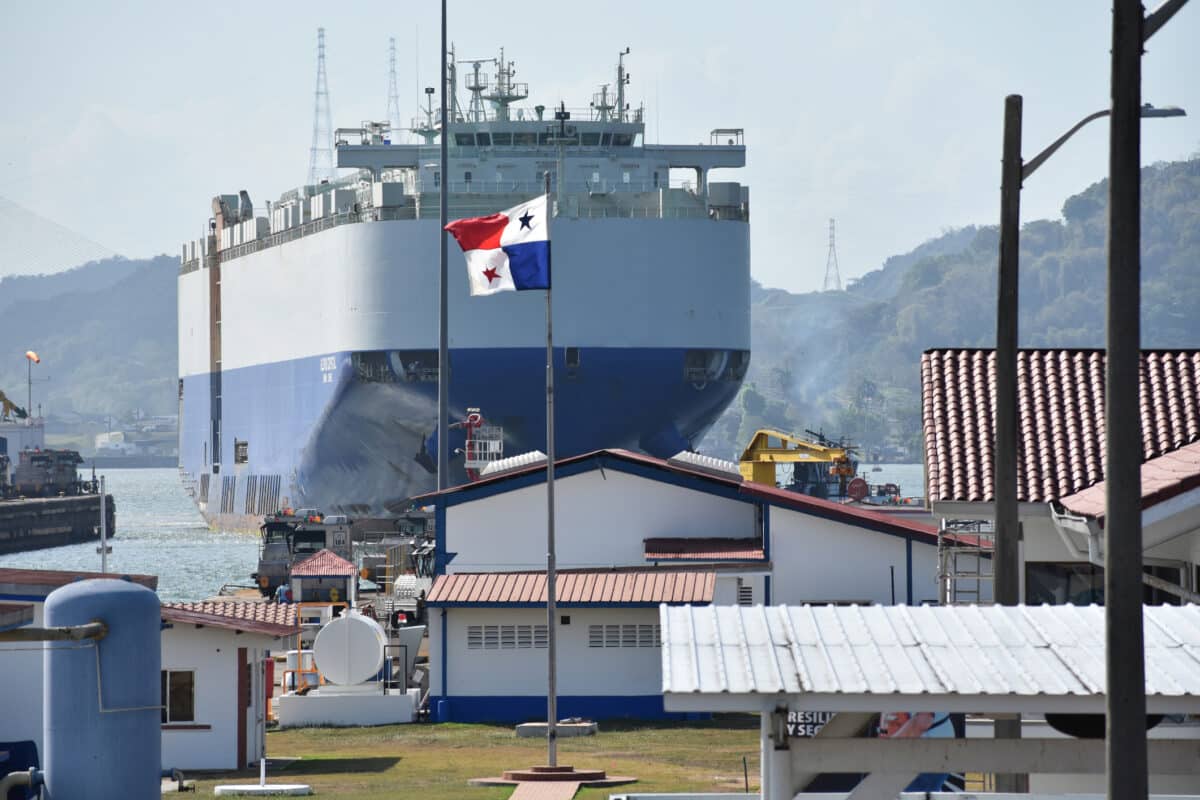Panama tightens shipping registry over “dark fleet” concerns
Panama Enforces Strict Age Limits on Ships

The Panama Maritime Authority has introduced stringent age restrictions for vessels entering its registry, prohibiting the registration of oil tankers and bulk carriers older than 15 years. This policy, effective from August 3, 2025, aims to enhance fleet quality and address concerns regarding the “dark fleet”—ships suspected of operating with insufficient transparency and evading international sanctions. The decision follows an internal review revealing that 71% of vessel detentions from 2023 to mid-2025 involved ships exceeding the new age limit.
New Regulations to Enhance Maritime Safety
In a significant move to improve maritime safety, the Panama Maritime Authority has implemented a comprehensive pre-check process to evaluate operational risks and potential sanction exposure before vessels can be registered. Alongside the age restrictions, the authority has mandated quarterly inspections by recognized bodies for high-risk vessels. These inspections will be complemented by enhanced reviews of Safety Management Systems under Resolution 106-003-DGMM. The focus on quality over quantity aims to ensure that the Panamanian fleet adheres to the highest international standards, thereby contributing to safer and more sustainable shipping practices.
As the world’s largest ship registry, Panama currently oversees over 8,600 vessels, accounting for approximately 15% of global tonnage, according to IHS Markit data. The authority is actively promoting the registration of younger, technologically advanced ships, primarily sourced from Asian markets, as part of its fleet renewal strategy. This initiative is particularly crucial in light of increased scrutiny on Panama-flagged vessels, especially those allegedly involved in transporting Iranian crude oil in violation of U.S. sanctions.
A Supply Chain Issue: Panama Canal and Its Fight Against Climate Change
Commitment to Regulatory Compliance
The Panama Maritime Authority’s recent policy shift reflects its commitment to strengthening maritime security and regulatory compliance. A spokesperson for the authority emphasized the importance of prioritizing quality over quantity, stating that the new measures will ensure that the Panamanian fleet meets the most demanding international regulations. This proactive approach is expected to foster a safer and more sustainable maritime industry.
In related news, the Panama Canal Authority has confirmed that the waterway is operating at full capacity, maintaining a 50-foot draft throughout the dry season. This update, shared during the ACP’s third quarterly market call, signifies a return to normal operations following drought-related restrictions in 2023 and early 2024, which had previously limited daily transits and reduced draft allowances.
